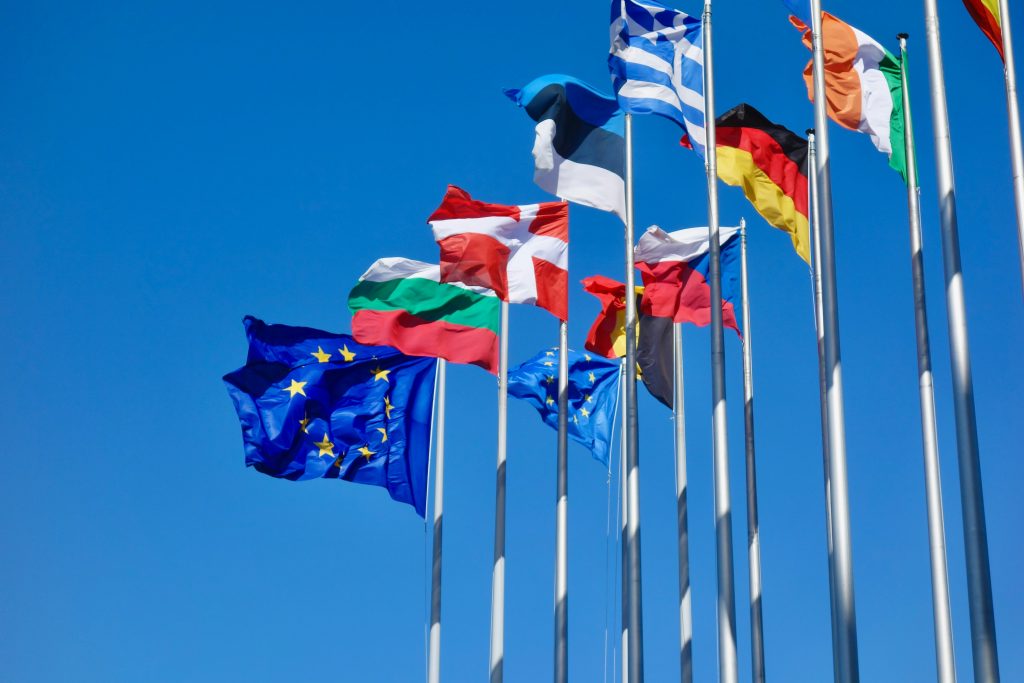The aim of the project is to raise awareness of the new generation of European citizens about the impact of hate speech on democratic participation and European values. Hate speech is often used as a tool to target different vulnerable groups, especially minorities, immigrants and refugees. It causes their alienation and exclusion which leads to marginalisation. Such narratives weaken democracy and strengthens positions of far right and radical right populists and Eurosceptics.
| Period | 2020.03.01 – 2022.02.28 |
| Coordinator | Latvian Human Rights Centre |
| Partners | Human Rights Monitoring Institute (Lithuania), “Participation for All” NGO (Latvia), Estonian Human Rights Centre, Multi Kulti Collective (Bulgaria), Human Rights House Zagreb (Croatia), Peace Action Training and Research Institute of Romania – PATRIR |
| The aim of the project | The project will focus on the promotion of such democratic values such as civic and political participation, peaceful coexistence and diversity. Especially emphasizing participation of new citizens (immigrants) and other minorities. The project activities will raise citizens’ awareness about the harmful impact of hate speech, promote European values and strengthen solidarity among young people through debates, networking and human rights education. |
| Activities | · research on the impact of hate speech on Euroscepticism and xenophobia in the EU, and in project partner countries in particular, and recommendations how to decrease it;
· international meeting of stakeholders and experts to discuss good practices and challenges in each partner country; · local events focusing on the roots and consequences of hate speech, its impact on Euroscepticism and perception of European values, and the effective ways how to empower young generation to tackle hate speech and promote civic and political participation; · international conference with participation of young people, minority representatives, stakeholders, experts, NGOs, and policy makers to present the outcomes of the project and discuss further challenges that need to be addressed on EU level; · dissemination of the project objectives, activities and results through different communication channels. |









